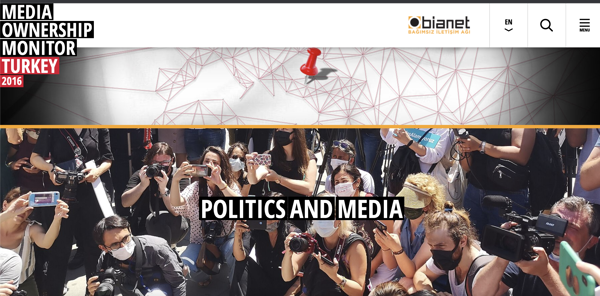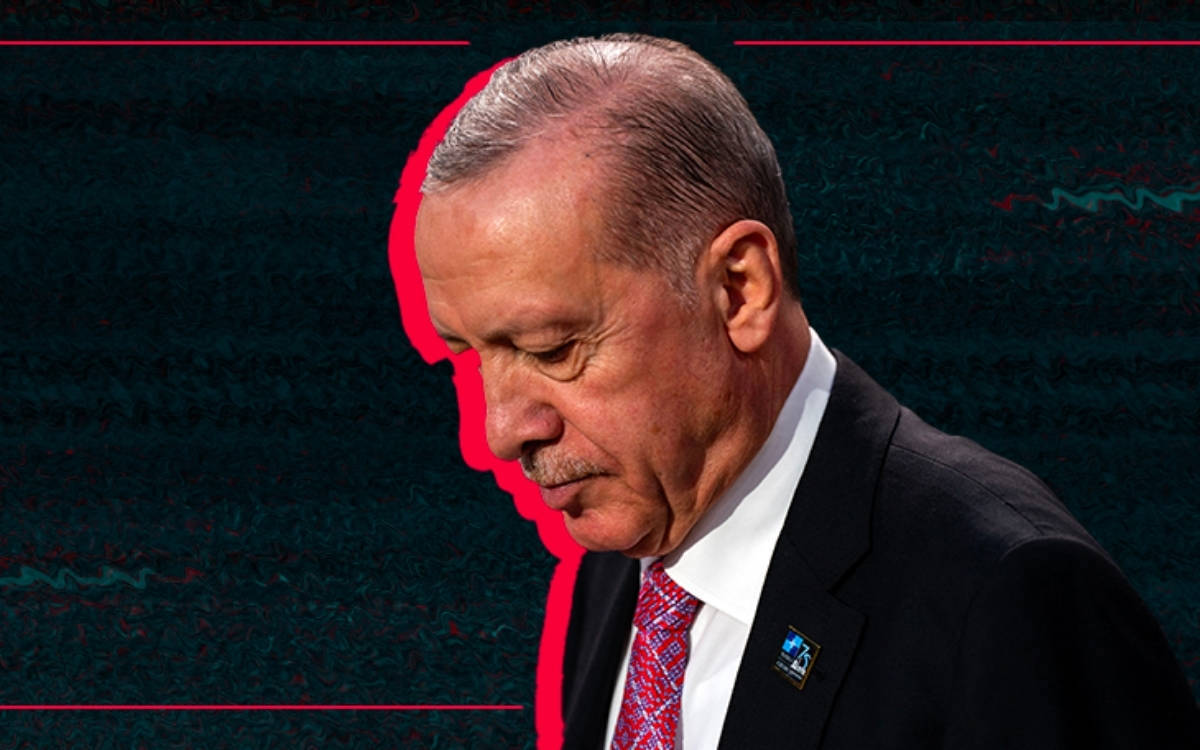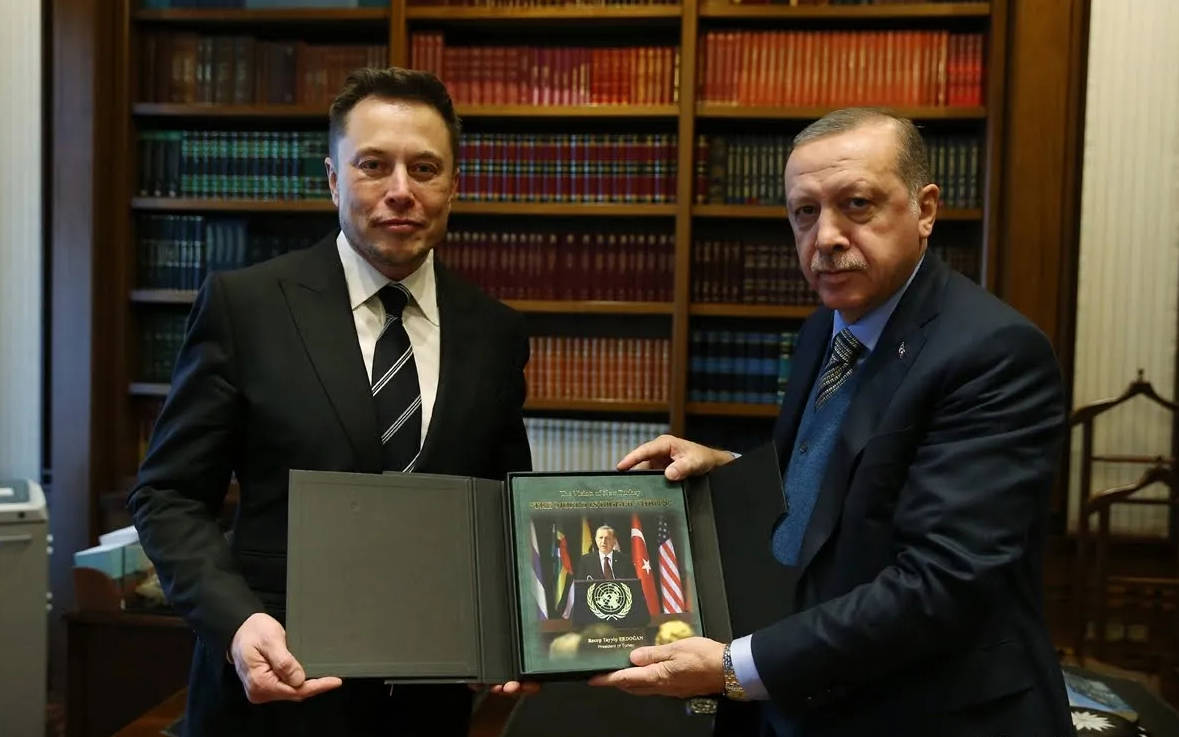Reporters Without Borders (RSF) has released a report emphasizing concerning levels of media control, censorship, and persecution that have come to define the first decade of Recep Tayyip Erdoğan's presidency.
Since Erdoğan took office as president on August 10, 2014, five journalists have been killed, 131 have been detained for more than 48 hours, and 77 have been convicted of “insulting the president.” Additionally, over 85% of the national media is now controlled by the government or companies closely aligned with it, severely restricting media pluralism and independent journalism in Turkey.

Media Ownership Monitor (MOM) Turkey
Impunity and legal harassment
The RSF report emphasizes how Erdoğan’s administration has exploited the judicial system and media regulation to stifle dissent and limit the free press. The 2013 Gezi Park protests, where more than 150 journalists were attacked with impunity, marked the beginning of Erdoğan's aggressive stance towards the media. This attitude has only intensified since he became president, leading to Turkey becoming the world’s largest jailer of journalists by 2018, during the state of emergency following the failed coup attempt in 2016.
Judicial harassment remains a key tool used by the government to suppress critical journalism. Charges commonly brought against journalists include "propaganda for a terrorist organization," "insulting a public official," and "denigrating state institutions." Even though the number of detained journalists has decreased, with four currently imprisoned, the threat of judicial harassment looms large over media professionals.

BIA Media Monitoring Reports
Online platforms have not been spared from government censorship either. Instagram, Twitter, and Wikipedia have all faced bans in Turkey, with Instagram being most recently blocked in August 2024 due to its removal of posts by Turkish officials mourning Hamas leader Ismail Haniyeh. The platform was reinstated after an agreement between Meta and the Turkish government.
‘An oppressive decade’
Erol Önderoğlu, RSF’s representative in Turkey, underscored the dire state of press freedom under Erdoğan, stating that "independent journalism is now clearly in danger of extinction as a result of this oppressive decade." RSF calls for urgent reforms to protect the right to information and restore press freedom in Turkey.
The RSF report concludes with a comparison: when Erdoğan became president in 2014, Turkey was ranked 154th out of 180 countries in the RSF World Press Freedom Index. By 2024, it had fallen to 158th, reflecting the dramatic erosion of press freedoms under his leadership. (HA/VK)







